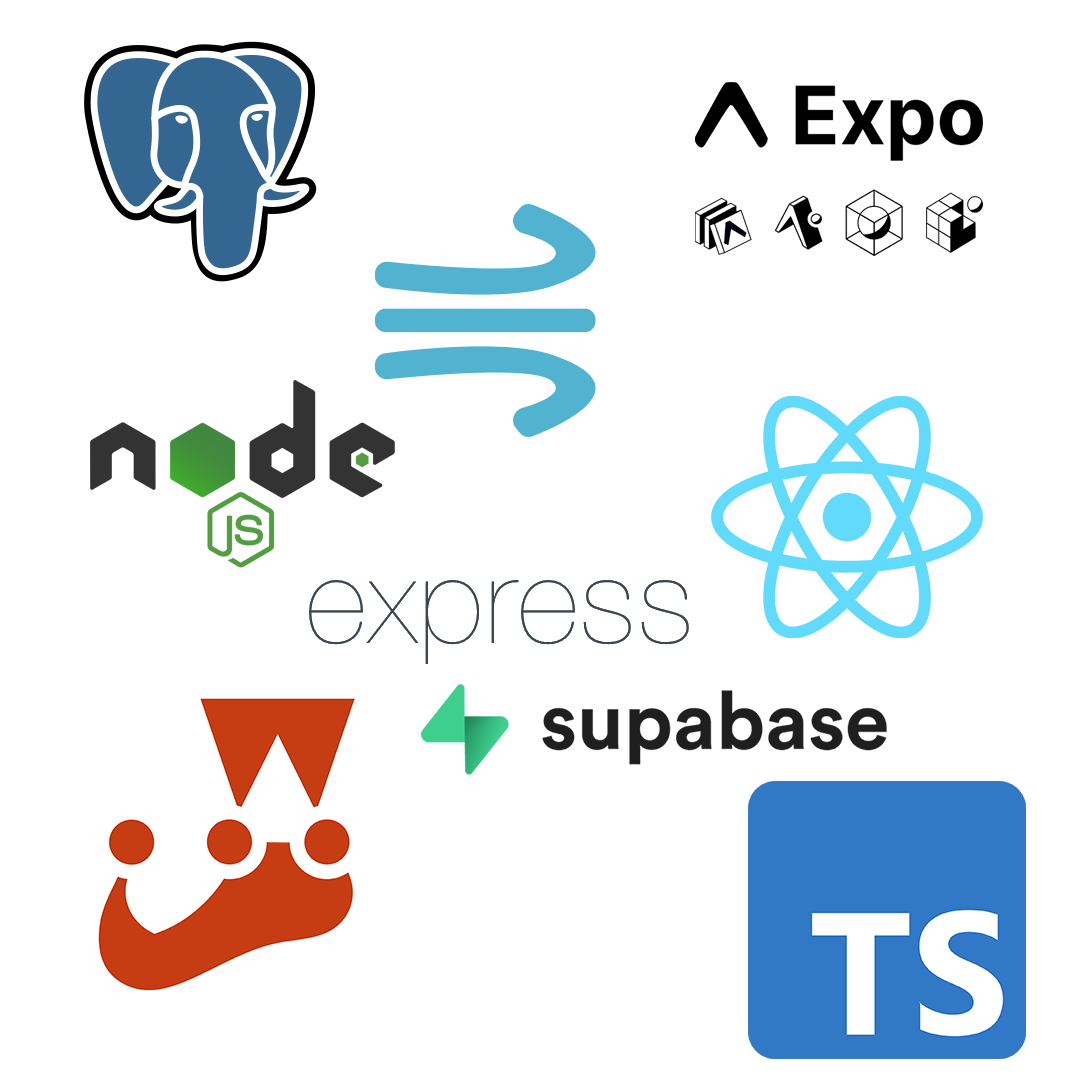Made by Fridge Force
Remembering to care for your plants, so you don’t have to.
Our app is a connected, mobile-first platform built for plant lovers who want to take the guesswork out of plant care. It combines a personalised scheduler, reminders, and easy task management to help users stay on top of tasks such as watering, fertilising, and pruning. The idea grew out of a common frustration of losing track of plants needs over time. Many people from casual houseplant owners to green fingered gardeners struggle to maintain consistent routines, especially when managing more than a few plants. We saw an opportunity to create something that felt intuitive and enjoyable to use. When users first open the app, they can create an account or log in, then add their plants by choosing from a growing library of plant types. They can include custom notes and a description for each plant. Once added, users can set up recurring care tasks tailored to the plant’s type, habits, and environment. Upcoming tasks notify users when it’s time to take action, and a clear task overview shows what needs attention today and in the days ahead. Each plant has its own profile page, complete with photos, notes, and a personalised care schedule — making it easy to stay organised and connected to your plant collection.
The Team
Jack Ho
After several years working as a scientist in biotech…
startups, I’m evolving my skillset and pursuing software engineering. In my free time, enjoy playing video games, exercising and listening to electronic music.
Maiwand Ayubi
I’m a full-stack developer with a background that blends…
creativity, coordination, and code. My journey started with HTML and CSS at 16, then sharpened through years of working at a fast-paced agency where I liaised between devs, designers, and clients.
Tech Stack

We used: Frontend: React Native, Expo, Nativewind, TypeScript Backend: Node.js, Express, PostgreSQL Auth: Supabase auth, Hosting: , Render, Supabase Testing: Jest, SuperTest We chose to use React Native with Expo to build a fast, cross-platform mobile app with a streamlined developer experience. TypeScript ensures type safety and clearer code, while NativeWind allows us to style components rapidly using Tailwind-style classes. For the backend, Node.js with Express provides a lightweight and flexible framework for building a RESTful API. We used PostgreSQL for its robustness, relational data handling, and compatibility with our app’s data structure. For authentication, we integrated Supabase Auth, which offers secure user management. Supabase also simplifies real-time data handling and makes setup and deployment easier. We host our backend on Render, which offers straightforward deployment for Node services, while Supabase handles our auth and database hosting reliably. For testing, we used Jest and SuperTest to ensure our backend endpoints behave as expected, making the app more stable and production-ready.
Challenges Faced
One of the biggest challenges was setting up authentication with Supabase and ensuring secure API calls. Getting auth headers to work correctly across the frontend and backend took careful handling. This project also involved learning new languages and frameworks, particularly React Native with TypeScript, which meant regularly diving into documentation and debugging unfamiliar features.
FAQs
Who is this app for?
Plant Base is designed for plant lovers of all experience levels who want a simpler way to stay on top of plant care.
Do I need to know the name of my plant?
No — you can browse our plant type library or add your plant manually with a nickname and description.
Is the app free to use?
Yes, the app is free. Optional features like reminders, weather integration, an AI care assistant, and a community space may be expanded in the future.